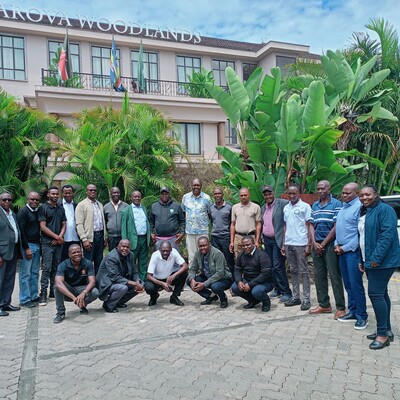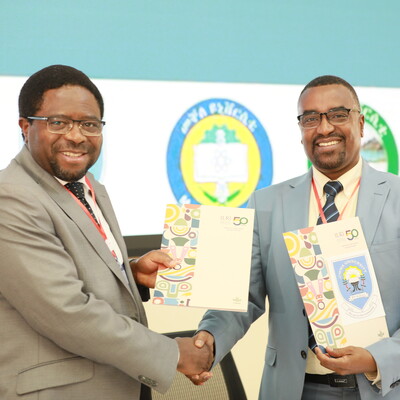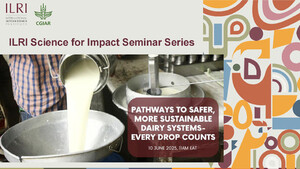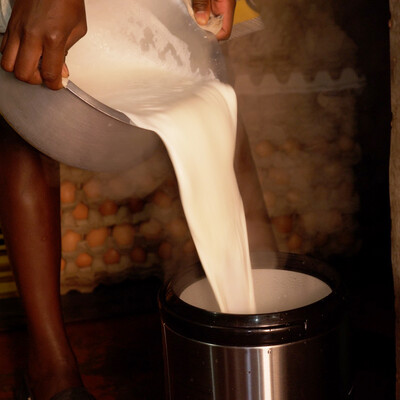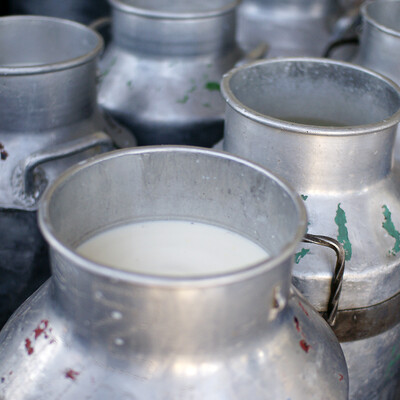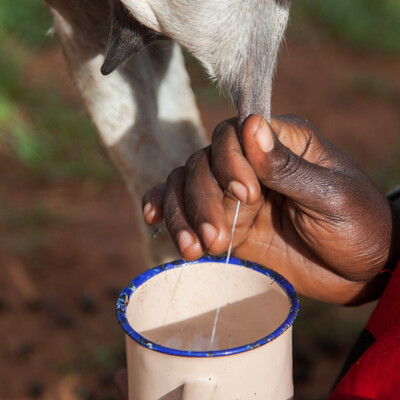

The Africa Asia Dairy Genetic Gains project launches mobile app to track dairy animal performance
ILRI News
Posted on
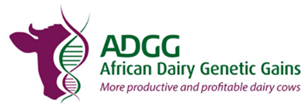
The Africa Asia Dairy Genetic Gains (AADGG) project has developed an Android-based mobile application, Dairy Data App, to track dairy animal performance in smallholder enterprises. Supported by a robust and agile data platform, the new app allows registered farmers and extension personnel to submit data and receive instant feedback through user-friendly modules on their mobile phones or tablets. It is a significant improvement over previously used Open Data Kit (ODK) tools.
Available for all active AADGG countries––Kenya, Tanzania, Nigeria, Nepal, Uganda, Rwanda, Ethiopia and Zambia––new app users begin by registering farms, herds, animals, cooperatives and less formal groups. The app is initially available for use by extension personnel who interact regularly with livestock keepers to support monitoring of the performance of their animals, and use the information generated to guide management decisions in dairy productivity.
Unlike previous ODK tools, users can now query the data entered and receive instant feedback on basic productivity parameters. They can track each dairy animal’s performance, including calving, milking, health, weight, synchronization and insemination, pregnancy diagnosis, animal exits and disposals from a farm, and genetic sampling. Farm-specific details recorded include household demographics, primary economic activities on the farm, land use, livestock feed, water and housing conditions, and access to extension services and training.
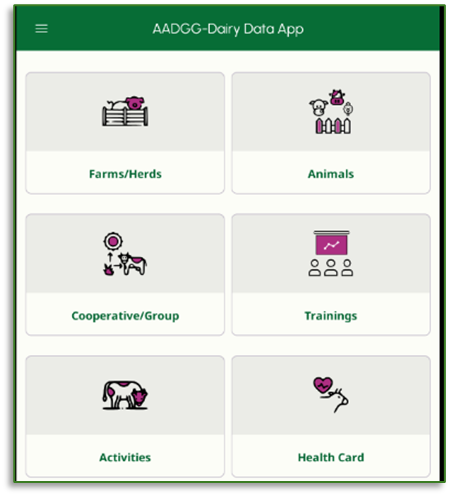
The AADGG Dairy Data App is designed with user convenience in mind. It allows users to take photos and embed them in data records, add GPS location, and view and import specific farm data. Designed to work even in areas with low connectivity, the app ensures that farmers can easily access its benefits, making it a valuable tool for dairy management in rural settings.
Using the new dairy data app, extension personnel have quick access to valuable insights on the farms they have registered, enabling them provide appropriate feedback to support farm management decisions. With interactive features and timely feedback, the app is set to boost data use and information availability on productivity for smallholder dairy enterprises.
The new app was designed to make data recording and feedback easy and intuitive, with an interactive interface that validates data in real time. Data from multiple farms are gathered, processed and analyzed in a powerful central database that provides a comprehensive view of dairy performance across a network of farms.
Summaries are autogenerated from the analyses to benchmark farm performance against others and sent to registered program managers to guide the planning of relevant interventions. This approach ensures farmers receive timely, actionable insights to support their operations.
The app is a product of collaboration between the International Livestock Research Institute’s AADGG project, the CGIAR Initiative on Digital Innovation, Unmiti (a private software developing company), the CGIAR Initiative on Sustainable Animal Productivity and the Centre for Tropical Livestock Genetics and Health (CTLGH).
The app feeds and receives data and information from the AADGG Data platform which contains data on farms and dairy animals reared in specified countries as illustrated in Figure 1.
Data collected are owned by the respective country and can be used by researchers and decision makers in the livestock sector, and by registered farmers either directly or through extension service providers to manage their herds.
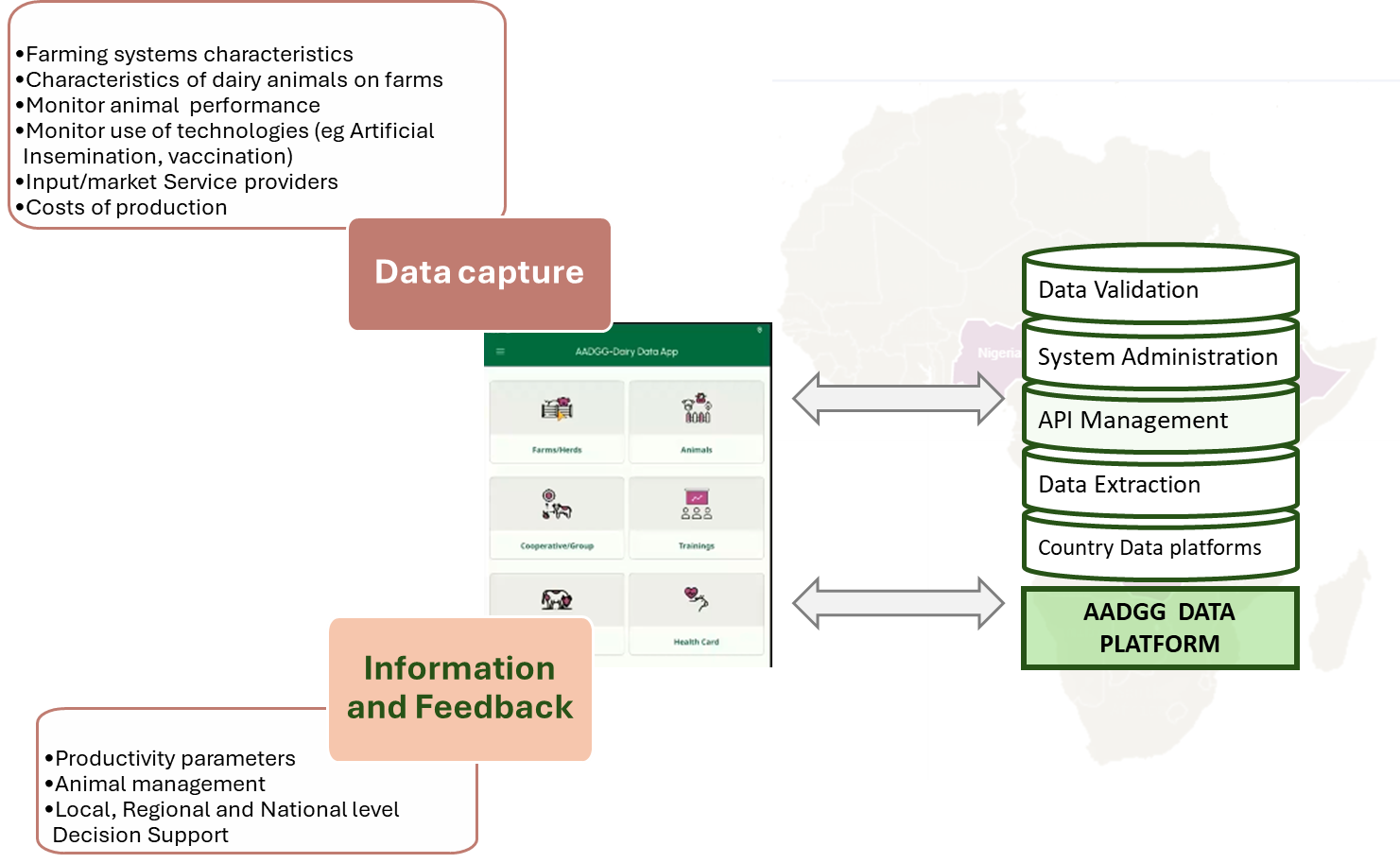
Acknowledgements
We acknowledge all the partners participating in the AADGG project from Ethiopia, Tanzania, Kenya, Uganda, and Nepal. Special acknowledgement goes to Okeyo Mwai who provided leadership to the project. The CGIAR initiatives on Sustainable Animal Productivity and Digital Innovation, and CTLGH contributed to its development. The AADGG project is led by ILRI and funded by the Bill & Melinda Gates Foundation.
You may also like
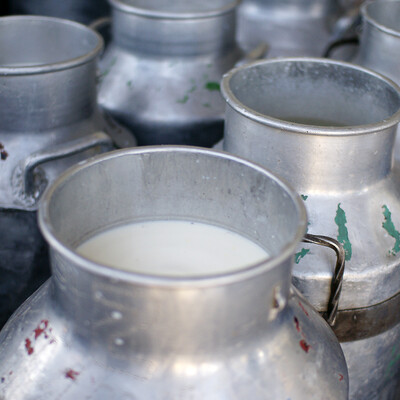
ILRI News
ILRI and Kenya Dairy Board sign agreement to transform the dairy sector ‘from farm to glass’
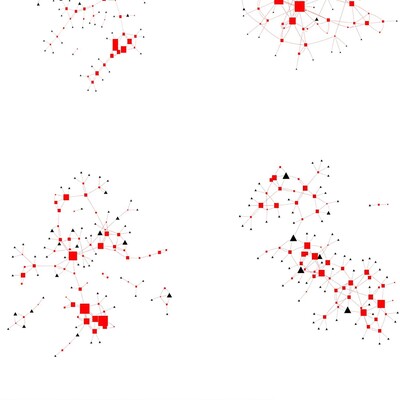
ILRI News
Farmer-to-farmer approach offers solutions to improve the efficiency of agricultural extension services in Kenya
ILRI News
Four-year initiative launched to improve milk quality, safety and marketing in central and western Kenya
Related Publications

Estimation of genome-wide patterns of homozygosity, heterozygosity and inbreeding in crossbred dairy cattle population in Pakistan
- Un Nisa, F.
- Usman, M.
- Ali, A.
- Ali, M.B.
- Kaul, H.
- Asif, M.
- Mrode, Raphael A.
- Mukhtar, Z.
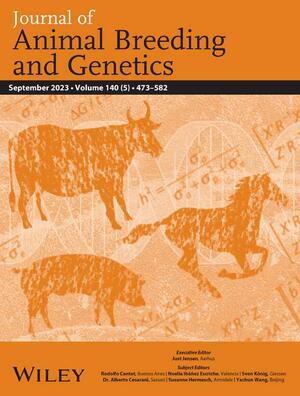
Genetic relationships among resilience, fertility and milk production traits in crossbred dairy cows performing in sub-Saharan Africa
- Oloo, Richard Dooso
- Mrode, Raphael A.
- Ekine-Dzivenu, Chinyere C.
- Ojango, Julie M.K.
- Bennewitz, J.
- Gebreyohanes, Gebregziabher
- Okeyo Mwai, Ally
- Chagunda, M.G.G.

From protection to pollution: Evaluating environmental and human health risks of acaricide use in dairy farming in Kenya
- Maina, Kevin W.
- Parlasca, M.C.
- Rao, E.J.O.
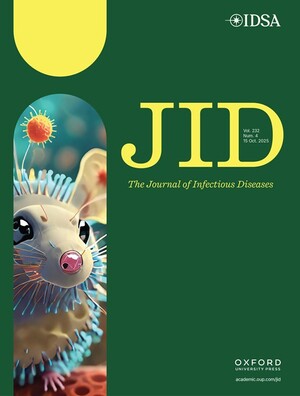
Rift Valley fever virus remains infectious in milk stored in a wide range of temperatures
- Dawes, B.E.
- De La Mota-Peynado, A.
- Rezende, I.M.
- Buyukcangaz, E.K.
- Harvey, A.M.
- Gerken, Keli N.
- Winter, C.A.
- Bayrau, B.
- Mitzel, D.N.
- Waggoner, J.J.
- Pinsky, B.A.
- Wilson, W.C.
- LaBeaud, A.D.

Species diversity and risk factors of gastrointestinal nematodes in smallholder dairy calves in Kenya
- Cheptoo, Sylvia
- Yalcindag, E.
- Gordon, L.G.
- Rukwaro, Benson
- Kimatu, Joseph S.
- Wasonga, Joseph
- Karani, Benedict E.
- Ndambuki, Gideon
- Migeni, Susan
- Kagai, Jesse
- Kiprotich, Linus E.
- Saya, Nelson
- Vasoya, D.
- Nangekhe, Gertrude
- Onguso, J.
- Mungai, G.
- Bronsvoort, B.M.
- Cook, Elizabeth A.J.





